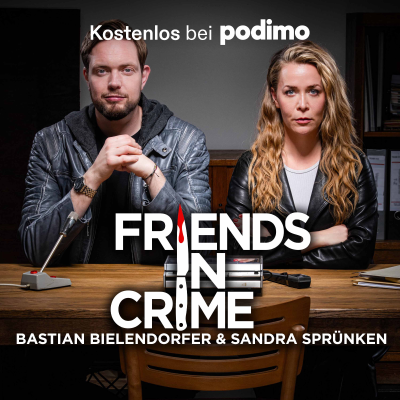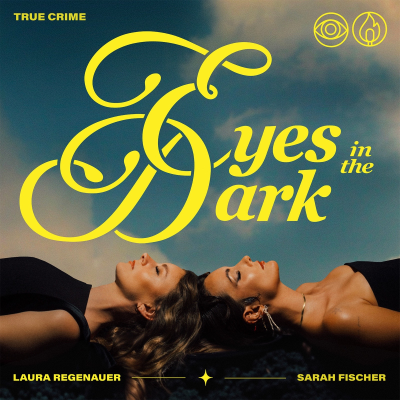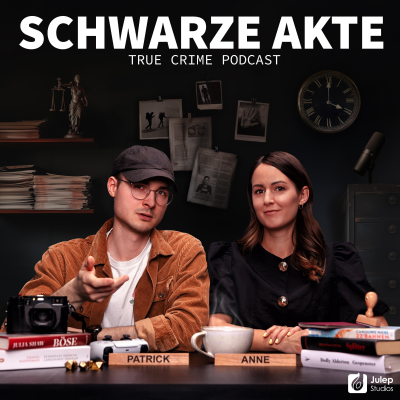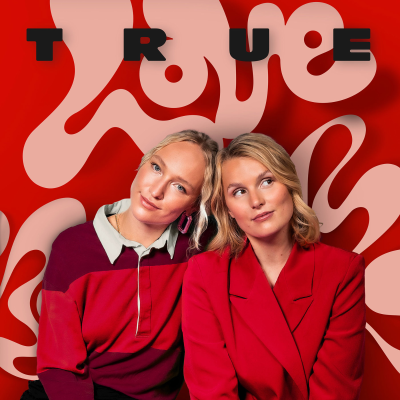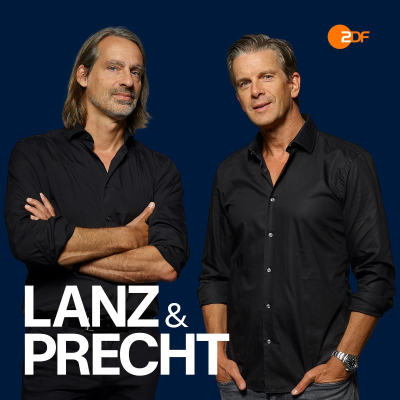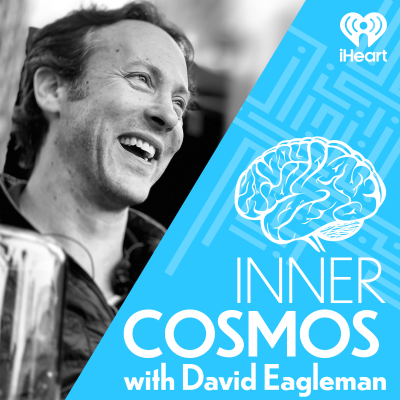
Inner Cosmos with David Eagleman
Podcast von iHeartPodcasts
Nimm diesen Podcast mit

Mehr als 1 Million Hörer*innen
Du wirst Podimo lieben und damit bist du nicht allein
Mit 4,7 Sternen im App Store bewertet
Alle Folgen
130 FolgenHow have humans through the ages tried to crack the mysteries of the brain, and why are our theories always yoked to the most recent technologies? What does the history of brain science have to do with bumps on the skull, electricity, Frankenstein, animatronics, telegraphs, telephone exchanges, computers, and LLMs? What's the next metaphor we'll use to try to capture the brain’s magic? Join this week with guest Matthew Cobb.
Most people claim to be in favor of free speech, but they often mean speech from their own side (and not whatever those crazy people on the other side want to say). But from the point of view of the brain, why does free speech need to be rigorously defended? What does this have to do with internal models, printing presses, college campuses, John Stuart Mill, online indecency, cultures of honor, Robinson Crusoe, cancel culture, the importance of literature, and why free speech makes everyone safer?
Are there new colors you could see? And why are they impossible to imagine before you've seen them? Can you lose your color vision? And what does any of this have to do with linguistic color terms, why the military likes colorblind people for a particular task, and why Eagleman suggests that the cultural history of Thailand was influenced by one single, unknown neurodivergent?
Why do birds and bees choose different flowers? Why do mammals' eyes seem to be optimized for moving around at night, and what does that have to do with hairless humans getting angry? What does any of this have to do with road signs, camouflage, mantis shrimp, the sun, the dress that broke the internet, and women who can see more colors than you can?
Would you eat a burger grown from a human muscle cell? Would you rather use your own cell or someone else's? What does the future of lab-grown meat illuminate about neuroscience, our calculations of morality, and whether your grandchildren will have a different answer? What does any of this have to do with endangered species, the sacred versus the profane, brain plasticity, moral positioning, social belonging, stepping on the boundary between mental categories, flesh copyrights, and the future of personhood?


